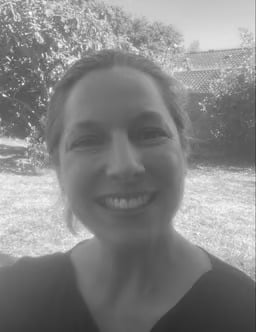Alloys (Oxford AQA IGCSE Chemistry)
Revision Note

Author
Philippa PlattExpertise
Chemistry
What are Alloys?
An alloy is a mixture of two or more metals or metal with a non-metal such as carbon
Steel is made from iron and carbon
Alloys often have properties that can be very different from the metals they contain
They can be stronger and harder
They are resistant to corrosion or extreme temperatures
These enhanced properties can make alloys more useful than pure metals
Structure of an alloy

Brass is an alloy of copper and zinc and is much stronger than either metal
It is used in musical instruments, ornaments and doorknobs
Different types of steel are made by varying the carbon content and by adding other metals
For example, stainless steel is a mixture of iron and other elements such as chromium, nickel and carbon
It is used in cutlery because of its hardness and resistance to corrosion
Alloys of iron with tungsten are extremely hard and resistant to high temperatures
Alloys of iron mixed with chromium or nickel are resistant to corrosion
Aluminium is mixed with copper, manganese and silicon for aircraft body production as the alloy is stronger but still has a low density
Why are the properties of an alloy different to a pure metal?
Alloys contain atoms of different sizes, which distorts the normally regular arrangements of atoms in metals
This makes it more difficult for the layers to slide over each other, so alloys are usually much harder than the pure metal
Exam Tip
Alloys are mixtures of substances, they are not chemically combined and an alloy is not a compound.
Questions on this topic often give you a selection of particle diagrams and ask you to choose the one which represents an alloy. It will be the diagram with uneven-sized particles and distorted layers or rows of particles.

You've read 0 of your 0 free revision notes
Get unlimited access
to absolutely everything:
- Downloadable PDFs
- Unlimited Revision Notes
- Topic Questions
- Past Papers
- Model Answers
- Videos (Maths and Science)
Did this page help you?